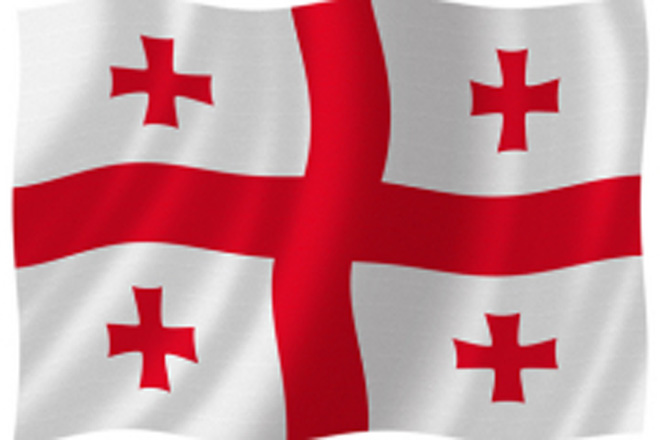( Timesofindia.indiatimes ) - Georgians vote Wednesday in parliamentary elections that are being closely watched by outside powers as the country seeks the West's backing in a bitter row with Russia.
Diplomats and analysts have warned that the vote in this strategic republic will have to be conducted fairly if Georgia is to get Western support in a row over two separatist regions backed by Russia: Abkhazia and South Ossetia.
On the eve of the vote, Georgia's pro-Western President Mikheil Saakashvili made an appeal for national unity, saying Russia would take advantage of any unrest.
"We have to realise how important tomorrow's elections are. Our enemy wants tomorrow's elections to turn into turmoil and internal confrontation," he said in a televised address.
"Our enemy is trying to weaken us and we must respond by consolidating our main values: liberty and democracy," he said.
Tensions between Moscow and Tbilisi have reached fever pitch ahead of the election, with Saakashvili saying earlier this month that the two countries had come close to war.
The tensions have centred on an announcement by Russia establishing closer ties with the separatist regions and on claims by Abkhaz separatists to have shot down unmanned Georgian spy planes.
Behind the row lies Georgia's determination to join the NATO alliance, say analysts.
Pre-election polls showed that Saakashvili's United National Movement was likely to retain its majority in the 150-seat parliament against an opposition fractured by infighting.
But opposition leaders have denounced the poll as being undermined by fraud and have promised demonstrations.
Opposition leader Levan Gachechiladze said he would call on supporters to force their way into the electoral commission office if authorities "do not release the real results of the vote."
"The people have every right to protect their votes," he said. The main Western election monitoring body, the Organisation for Security and Cooperation in Europe (OSCE), has sent 550 observers to monitor the vote and is to deliver a verdict on its conduct Thursday.
An ancient Christian country of soaring mountain peaks and deep traditions, Georgia has suffered through civil wars, the break away of two regions and repeated political turmoil since gaining independence with the 1991 collapse of the Soviet Union.
Saakashvili has won praise for sweeping economic reforms since coming to power in 2004 after the peaceful Rose Revolution and supporters describe his government as a beacon of democracy in the often corrupt and authoritarian former Soviet Union.
But his goal of joining NATO has set him sharply at odds with Russia, which sees enlargement of the alliance as encroachment on its sphere of influence.
And Georgia's democratic reputation was tarnished last November when Saakashvili sent riot police to suppress an opposition protest, imposed a brief period of emergency rule and shut down a critical television station.
His subsequent re-election in a snap presidential vote this January was also marred by opposition allegations of fraud.
Saakashvili's United National Movement party was forecast to win the election with 43 percent of the vote, according to a survey released Monday by the Washington-based institute Greenberg Quinlan Rosner.
The newly formed Christian Democratic Movement was in second place with 14 percent of votes, according to the survey of 1,200 Georgians carried out last week. Gachechiladze's United Opposition Council was in third place at 11 percent.
Polling stations across this country of 4.7 million people open at 8:00 am (0400 GMT) and close at 8:00 pm (1600 GMT).
About 3.4 million people are registered to vote.






